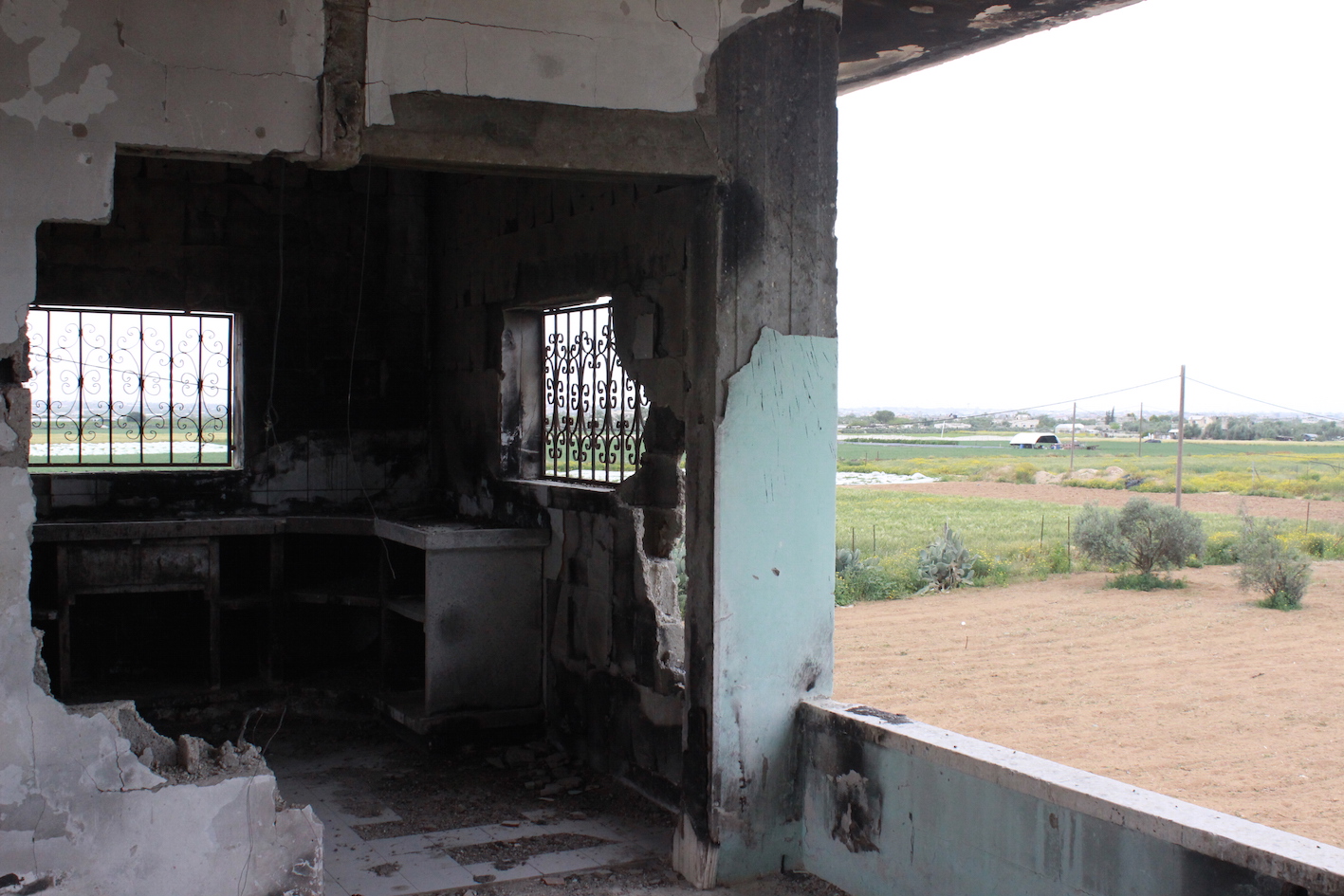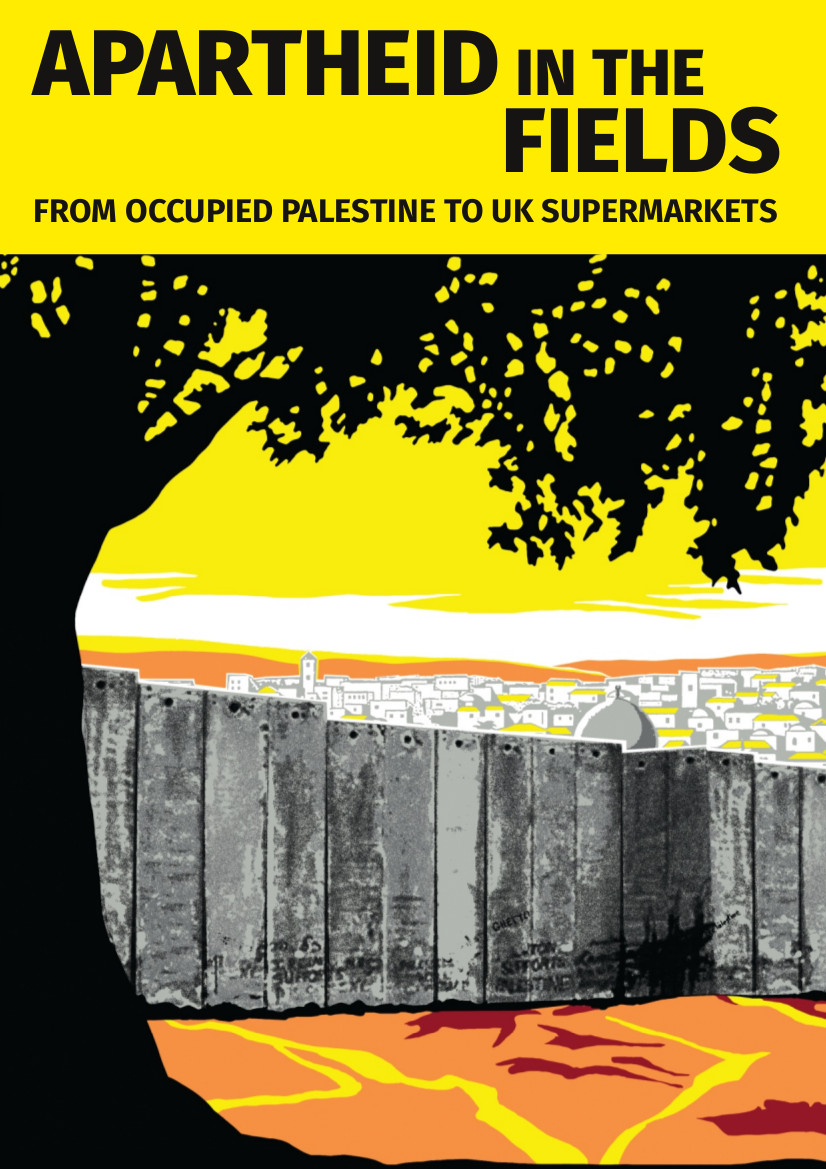Tag: Israeli forces
-
Youth Against Apartheid
29th March 2016 | International Solidarity Movement, al-Khalil team | Hebron, occupied Palestine On Sunday, the new team of Youth Against Apartheid was honored to meet with each other for the first time. The wonderful youth of al-Khalil city (Hebron) who have dedicated their time during the past few years doing voluntary work and activities…
-
Another home destroyed in Gaza
29th March 2016 | International Solidarity Movement, al-Khalil team | Gaza Strip, occupied Palestine During the latest wave of aggression by Israeli forces against the Gaza Strip, Gaza resident Mohamed Shorrab, 70 years old, lost his family home. It was shot at and destroyed by Israeli tank fire and artillery shells from the gun turrets…
-
Apartheid in the fields: Part 1 Gaza: farming under siege
29th March 2016 | International Solidarity Movement, al-Khalil team | Gaza Strip, occupied Palestine A new report from Corporate Watch outlines exactly how the food grown in the illegal settlements of Palestine gets to our plates in Britain, and what we (in Britain) can do about it. The situations in Gaza and the West Bank…



